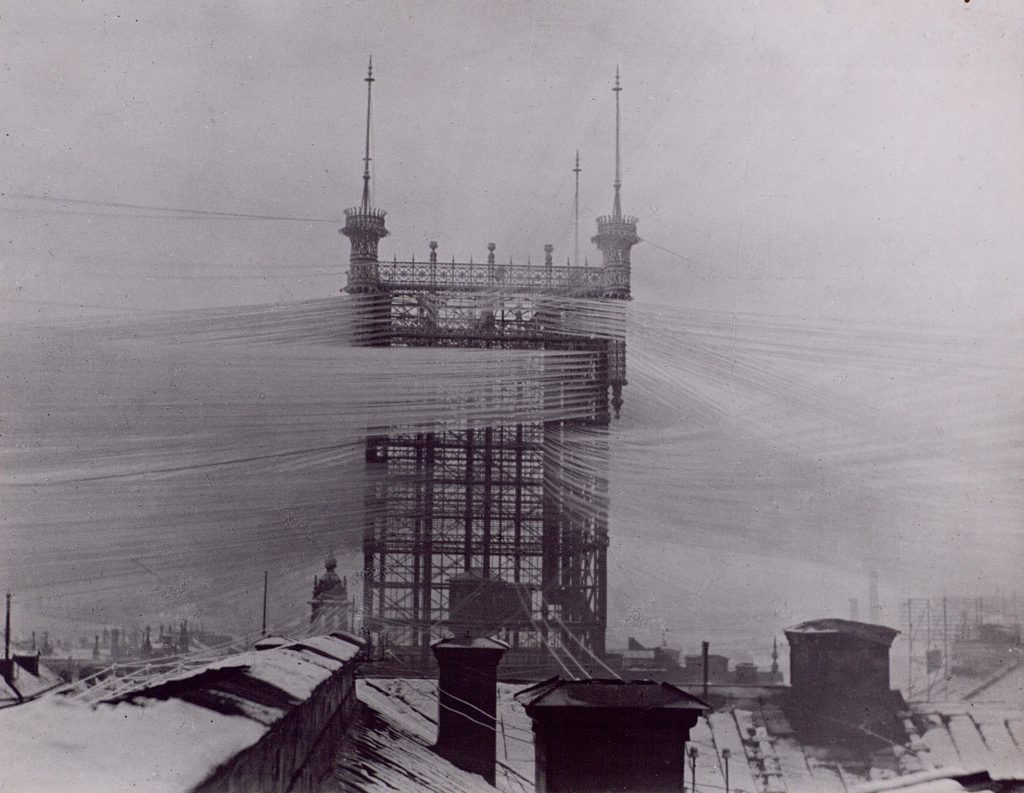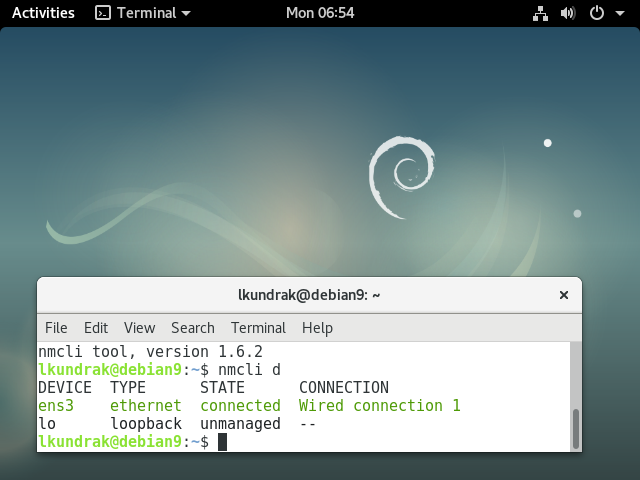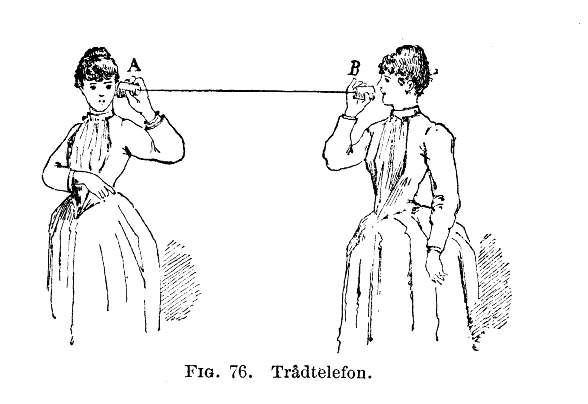Neil McGovern recently published an article entitled GNOME relationship with GNU and the FSF where he described parts of an e-mail exchange from Dr. Richard Stallman as “reprehensible” and called for him stepping down from his position at the Free Software Foundation. This eventually happened.
Mr. McGovern decided to close comments on his blog entry. I respect this decision, especially because the topic is bound to attract troll commenters and an attempt to moderate the discussion might just take too much effort. I might end up doing the same. However, I disagree with Mr. McGovern’s assessment and believe it shouldn’t remain without a response. I figured out that an open letter might be the right way to respond.
I’d like to stress that I’m, unlike Mr. McGovern, not speaking for GNOME, my colleagues, fellow hackers, my employer or anyone else but myself. Don’t cancel your GNOME Foundation membership because you think either of us is wrong. Engage in civilized discussion!
Mr. McGovern,
On your blog you wrote:
This came after the president of the FSF made some pretty reprehensible remarks saying that the “most plausible scenario is that [one of Epstein’s underage victims] presented themselves as entirely willing” while being trafficked.
I credit you for not twisting Dr. Stallman’s words and quoting them verbatim. I very much wish this was the case for the tabloid media that covered the same issue.







